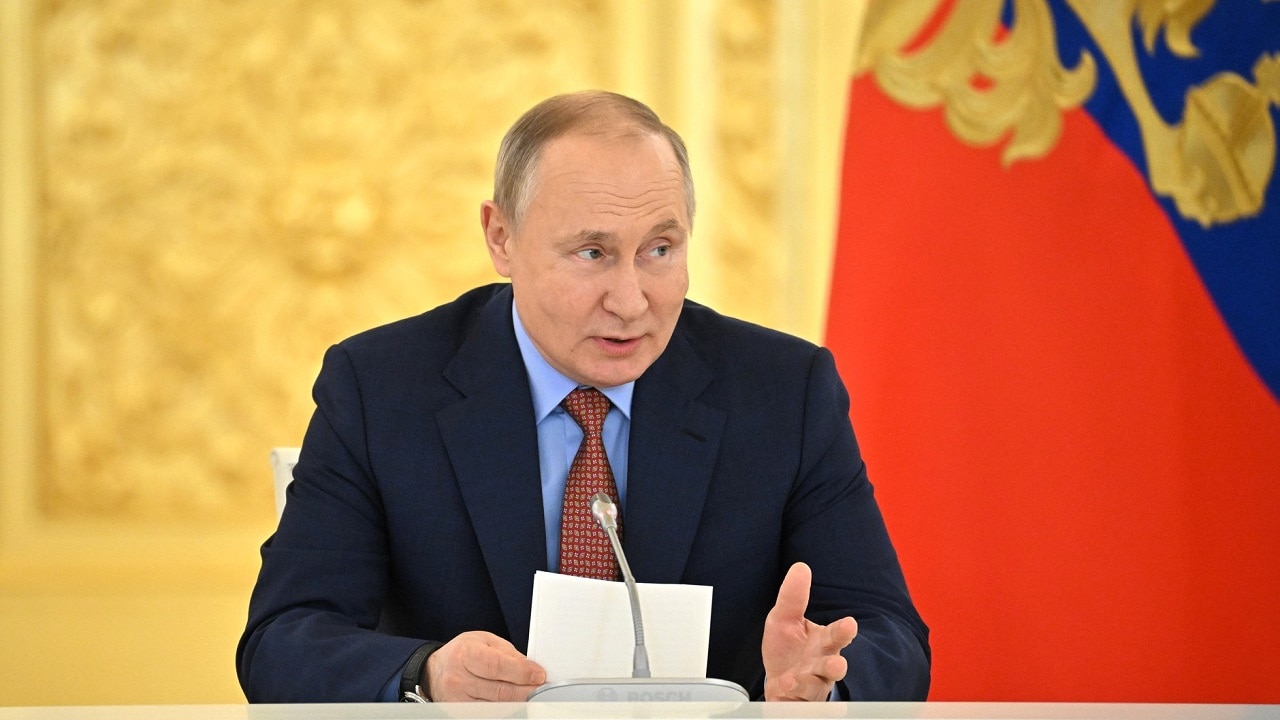Would Russia unleash a cyberwar against America? While all eyes are watching the buildup of Russian military forces on three sides of Ukraine that are as high as 190,000 and rising, it seems that an invasion is inevitable as the United States and other Western nations threaten Moscow with economic sanctions.
The invasion would not only unleash what Washington characterizes as crippling economic sanctions against Moscow, but it would probably trigger a Russian reaction of cyber attacks originating from Russia which would shut down US infrastructure, and by all indications the United States is ill-prepared for such an attack.
Sanctions Mean Cyberwar?
The Department of Homeland Security’s Cybersecurity and Infrastructure Agency (CISA) warned this week that the country must go full “shields up” to protect key parts of U.S. critical infrastructure – such as oil and gas pipelines, banks, commercial aviation, and hospitals from cyber attacks and ransomware.
Washington has blamed Moscow for the cyberattacks that hit Ukraine last week that targeted Kyiv’s military and banking sites, according to Anne Neuberger, the deputy national security advisor for cyber and emerging technology.
The US says that the cyberattacks against Ukraine were conducted by the GRU, Russia’s military intelligence agency. Back in 2014, the Russians were able to hack a Ukrainian app that was used to pinpoint artillery fire. They were then able to not only shut it down but then used it to find the Ukrainian positions and target them. It is a textbook Russian tactic of asymmetric warfare and gives them a modicum of deniability..
Neuberger warned that attacks against US sites are possible. Speaking at a White House briefing, she said, “Russia likes to move in the shadows and counts on a long process of attribution.” She said that US intelligence had detected the GRU “was seen transmitting high volumes of communication to Ukraine-based IP addresses and domains.”
“In light of that, we’re moving quickly to attribute the DDoS (distributed denial of services) attacks. We believe the Russian government is responsible for widespread attacks on Ukrainian banks this week.”
“While there are currently no specific or credible cyber threats to the homeland, the U.S. government has been preparing for potential geopolitical contingencies since before Thanksgiving,” she added. Russia has denied any involvement in cyberattacks.
American banks were targeted by Iranian cyberattacks back in 2012 after the US levied sanctions against Tehran. Since then, most banks claim to have strengthened their cyber defenses.
However, a year ago, Congress tasked the Biden administration with coming up with creating a Continuity of the Economy (COTE) plan. This plan would ensure the renewal of the U.S. economy following a significant cyberattack by identifying the most critical goods and services that would need to be protected or restored in the case of a cyberattack.
Congress gave the administration two years to implement the COTE plan, but there seems to have been no progress on implementing that goal. And there is little doubt that the Russians would resort to this.
Sanctions a Declaration of War:
Back in 2018, after the US and UK had levied sanctions on Moscow for the Skripal poisoning in the United Kingdom, then-Prime Minister Dmitry Medvedev called the economic sanctions “a declaration of economic war.”
He vowed that Russia would “react to this war economically, politically, or, if needed, by other means.”
CISA posted on its website the warning, “The Russian government understands that disabling or destroying critical infrastructure—including power and communications—can augment pressure on a country’s government, military, and population and accelerate their acceding to Russian objectives.”
It remains to be seen how well prepared American infrastructure is in the case of cyberattacks. They’ve studied the Russian cyber warfare examples against Ukraine from 2015-16, but these may involve a heavier threat to counter.
Steve Balestrieri is a 1945 National Security Columnist. He has served as a US Army Special Forces NCO and Warrant Officer before injuries forced his early separation. In addition to writing for 19fortyfive.com, he has covered the NFL for PatsFans.com for more than 10 years and his work was regularly featured in the Millbury-Sutton Chronicle and Grafton News newspapers in Massachusetts.

